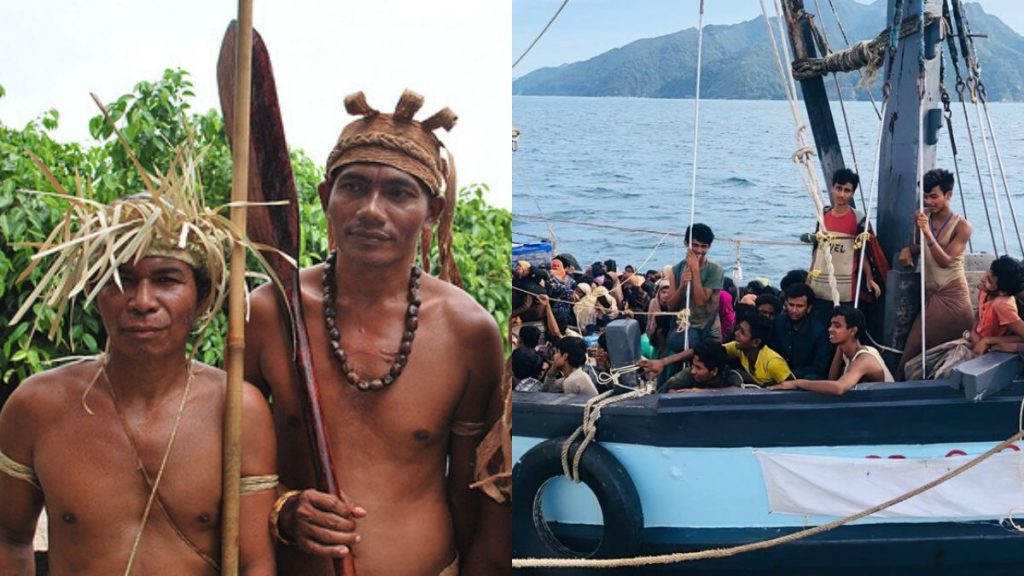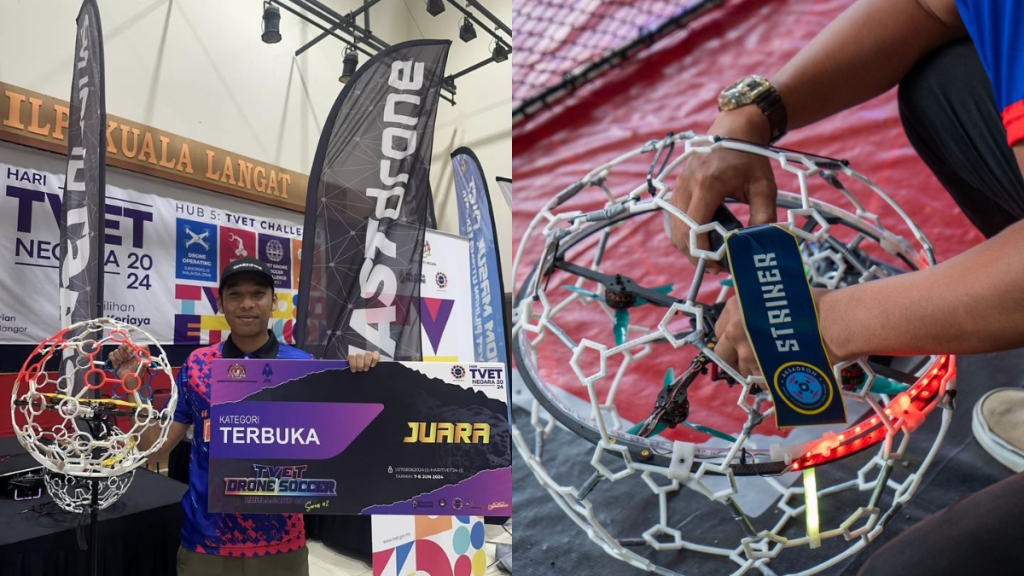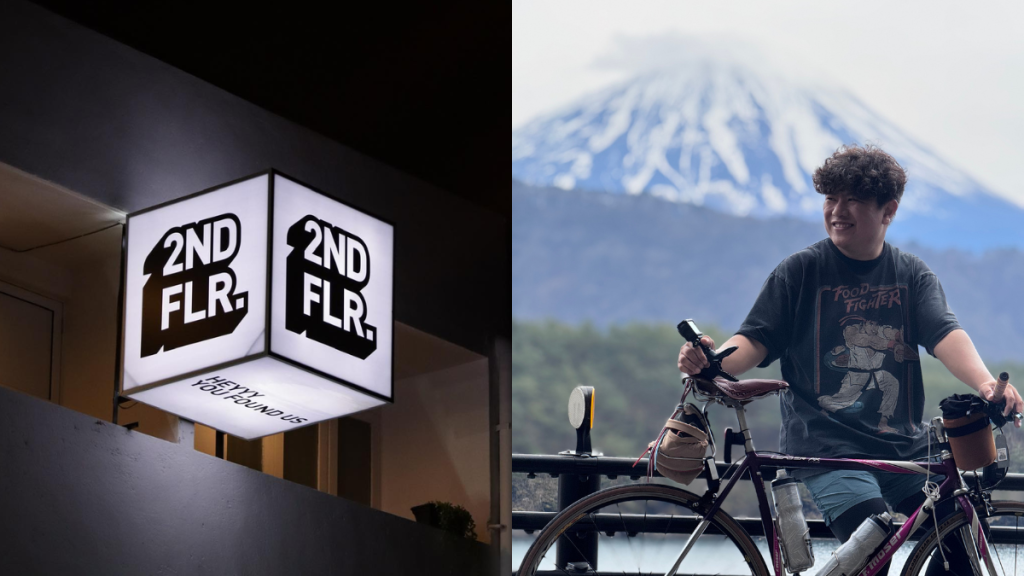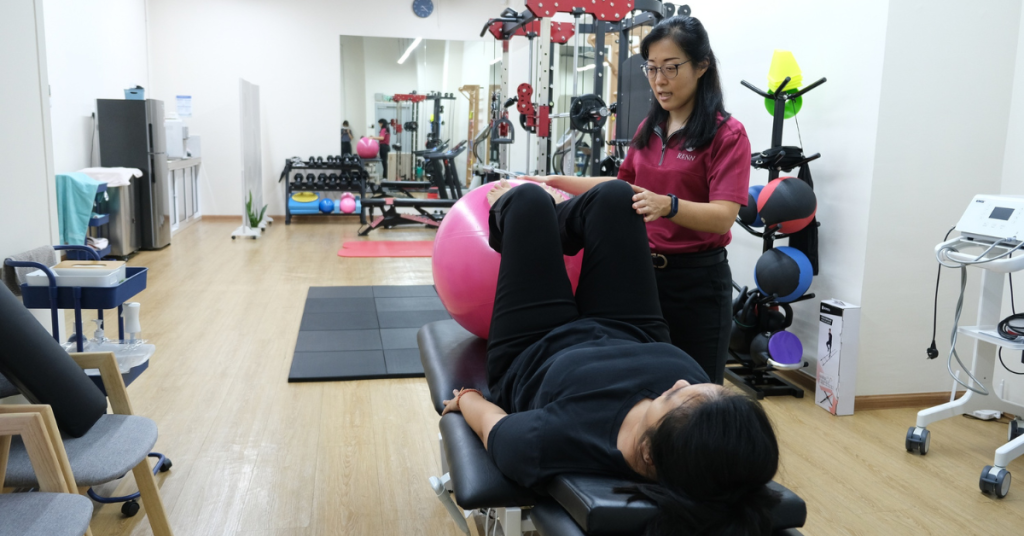On May 25, 2020, George Floyd’s death at the hands of law enforcement sparked outrage and protests across the US, with citizens of other countries showing their support of the #BlackLivesMatter movement too via social media.
Many Malaysian netizens didn’t stay silent either, joining in the condemnation of the US’ racist systems that work against African Americans.
However, one can’t help but wonder, can we manifest this same energy to fight the racist systems in our own beloved Malaysia?
We have our own fair share of minorities who are continuously discriminated against whether it’s because of where they came from or the colour of their skin, and they need awareness and help too. It’s possible to fight for several causes at a time.
Let’s not be so hypocritical so as to champion #BlackLivesMatter while turning a blind eye to the violation of minority human rights in Malaysia at the same time.
With that being said, we’ve highlighted some of our minority groups whom we can turn our attention and help to as well.
1. Orang Asli
Despite being the indigenous people and oldest inhabitants of Peninsular Malaysia, Orang Asli do not always benefit from their Bumiputera status.

Discrimination They Face Here
Firstly, they have to constantly protect their ancestral land from logging and commercial development efforts, with Kuala Langat’s potential deforestation being the latest example.
Each time their homes are destroyed by corporations with the government’s approval, they become displaced and are forced to move. Imagine living in fear that your village may just be gone one day, and you’re forced into homelessness until you build a new one.
They’ve also been subject to attempts of religious conversion and racial discrimination, with many of us often throwing around slurs like “jakun” and “sakai” in normal conversation.
In schools we bully them, following in the stead of discriminatory teachers who pass on this attitude to students.
During the pandemic, The Human Rights Commission of Malaysia (Suhakam) also reported that Orang Asli were largely left out of the PRIHATIN aid packages. Do they not deserve the same care as our Malay B40 community?
How We Can Help
First, we should sign Save HS Kuala Langat, a petition to stop the de-gazetting of the Kuala Langat forest to protect the wildlife and Temuan tribe, who have lived there for hundreds of years.
Some organisations that provide Orang Asli with income or educational opportunities include:
- Persatuan Orang Asli Semenanjung Malaysia (POASM), formed by members of the Orang Asli to protect their identity, heritage, and future.
- Kelas Kaseh, an educational community providing education to the underprivileged through volunteerism,
- The Asli Co., who help Orang Asli women sell their handicrafts so their children can be sent to school.
2. Rohingya Refugees
Described by the United Nations as one of most persecuted minorities in the world, the Rohingya live in Rakhine, Myanmar, yet have been denied citizenship in the country since 1982.
Following violent persecution by the state, many Rohingya have fled on overcrowded boats all across the world with a majority entering Bangladesh and Malaysia.

In UNHCR’s registry, there are an estimated 101,580 Rohingya refugees in Malaysia, making up half of our total refugee population. And it is safe to assume that there are more who might be unaccounted for.
Discrimination They Face Here
Our new government promised refugees reforms that would protect them and allow them to work in Malaysia.
Yet the progress on those promises have been slow, and refugees waiting for their basic rights have faced mental health issues and turned towards underground or 3D (dirty, dangerous, and difficult) work.
As they work illegally, they’re exposed to the risks of exploitation by human traffickers, and are often underpaid or not paid for their labour at all.
More recently, thanks to false allegations that the Rohingya community was demanding citizenship in Malaysia, hate speech and violent threats were directed towards the community and involved activists. Throughout that, our government barely condemned it.
We keep condemning Myanmar for their actions towards the Rohingya community, yet in the blink of eye, we were suddenly ready to be part of the threat too.
How We Can Help
There are better things we could be doing than threatening already-vulnerable communities, so some organisations that we can support to help the Rohingya include:
- Tenaganita, an NGO protecting the rights of women, migrants & refugees since 1991,
- Asylum Access Malaysia, an NGO that provides legal aid and training for refugees and asylum seekers,
- Mercy Malaysia, a volunteer relief organisation that provides medical and humanitarian services for vulnerable communities, locally and abroad.
3. Indonesian Workers
There are about 2.5 million low-wage Indonesian workers in Malaysia, and most commonly, we’d find them working as domestic helpers.
Even though domestic help isn’t a 3D job, Indonesian migrants are still faced with abuse and exploitation.
Discrimination They Face Here
We often see news of families abusing their helpers, whether it’s in the form of passport and pay retention, overworking them, or physical and sexual abuse.

The list of abuse in households towards helpers goes on and on, and sometimes it ends up with the helper getting murdered.
One example is Adelina Sau, who was abused and murdered by her Malaysian employer in February 2018. While her employer was initially charged with murder, Penang’s High Court eventually dropped the charges and she walked free. Until today, nothing further has been done to prosecute her.
Outside of domestic work, modern slavery is still an issue amongst Indonesian migrants too. Those migrants you might sometimes see working in grocery stores? Don’t be surprised if it’s one day exposed that they’re all victims of modern slavery.
Tesco found out in May 2020 that in its own Malaysian stores and distribution centres, the passports of 68 Indonesian and 171 Nepali workers were withheld without the HQ’s knowledge.
How We Can Help
We can support ethical recruitment of Indonesian migrants, report any cases of exploitation we may discover, and of course, be a lot kinder to our own domestic helpers.
Some organisations who are championing the rights of Indonesian migrants to have safe work in Malaysia include:
- Pinkcollar Employment Agency, a social enterprise elevating the working conditions of Indonesian migrants in Malaysia.
- Migrant Care, a non-profits group that holds governments accountable for the wellbeing of Indonesian migrants across the world.
4. Bangladeshi Workers
Bangladeshi migrants are often brought into Malaysia as foreign workers in construction and other 3D jobs, making them easy subjects to a slew of exploitation.

According to a 2015 World Bank study, Bangladeshi migrants pay the largest sum of money for recruitment, but receive the lowest wages, leaving them in debt despite them migrating to support their families in the first place.
Discrimination They Face Here
Upon arrival, they end up living in poor conditions such as cramped accommodations, which has now led to a swift COVID-19 infection rate amongst clusters of foreign workers.
Outside of the pandemic, foreign workers don’t receive appropriate healthcare due to fears of discrimination and having their undocumented status exposed, language barriers, and more.
Their deaths due to unsafe working and living conditions are often not investigated either. Here are some shocking statistics: 2 Bangladeshi workers die each day, there were 96 deaths in January 2019 alone, and the number of deaths have doubled since 2012.
In late 2019, reports also surfaced that Bangladeshi workers were traded around different Malaysian firms, who would confiscate their documentation and underpay them, for a profit.
Not only are they treated like lesser humans by employers, but our society looks down upon them too, calling them “dirty” or “smelly”, whether it’s because of their darker skin or the perceived “lowly” jobs that they do.
How We Can Help
We first need to acknowledge how much they have contributed to Malaysia’s development. They’re the ones who carry out the 3D jobs that educated and privileged Malaysians won’t do.
We can also support organisations like:
- Project Liber8, an NPO that wants to shift attitudes towards issues of human trafficking and exploitation,
- Migrant Workers Resource Centre – MRC MTUC Penang DIV. Malaysia, an NGO promoting safe migration and protecting migrant workers.
5. Malaysian Indians
Malaysian Indians make up about 7% (approx. 2 million) of our total population, and despite having grown up in this country for generations, they’re still often discriminated against.
Discrimination They Face Here
Malaysian Indians have spoken up on the discrimination that they face while looking for housing accommodations.
When they get in touch with a landlord, they’re often asked their race, and if they reply with Indian, they usually get rejected. Even Chindians (Chinese-Indians) are not immune to this racial bias.
Another thing that Malaysian Indians face are racial slurs like being called “keling”, with our own ex-PM Mahathir proudly using the word, defending himself for using it, and not apologising until much later.
When you’re already aware that it’s an offensive and derogatory term but still insist on using it, you’re just plain ignorant. Newsflash: having friends of Indian descent who are “okay” with you using it still doesn’t make it acceptable.
How We Can Help
Speaking up costs nothing. When you see racism directed towards our fellow Malaysian Indians, stand up for them to the best of your ability. Educate that landlord who shuns Indian tenants and your friend who keeps throwing around “keling” like it’s nothing.
When we stay silent, we’re allowing these people to remain ignorant and this racism to continue, turning ourselves into perpetrators.
-//-
These probably aren’t even all the minority groups in Malaysia who face discrimination because of their skin colour or where they came from. They’re simply the ones whose stories have made it to the public eye.
It’s great to see that organisations exist to help them, but Malaysia needs to do better. As it stands, Malaysia still does not have an anti-discrimination law.
Racial discrimination is so glaringly obvious in many aspects of our country, whether it’s the system or its people, yet the ones in power do little to nothing to tackle this issue.
Malaysia hasn’t even signed the International Convention on the Elimination of All Forms of Racial Discrimination.
I honestly have to say I do not know when, or if, we will see significant change in the near future, but I know that we can all make a difference with our own smaller actions.
Start by proactively educating ourselves, our families and friends, and always question discriminatory systems and beliefs.
- You can read more about what we’ve written on racism here.
Featured Image Credit: Mor Ajani / Associated Press

















